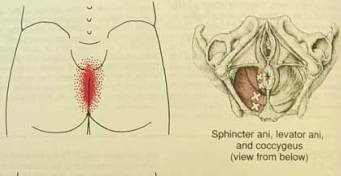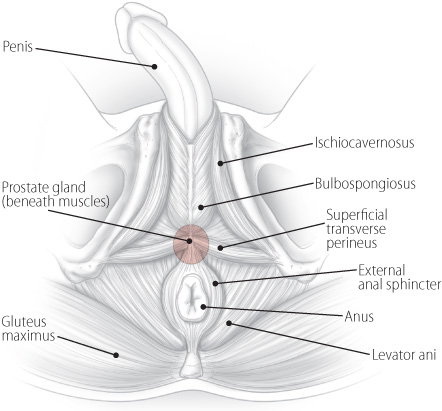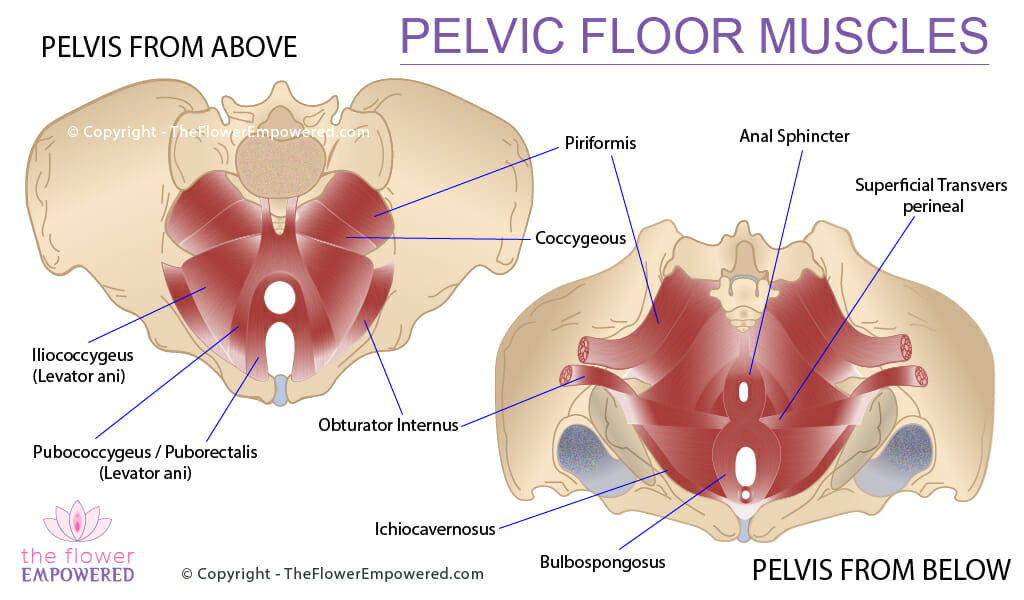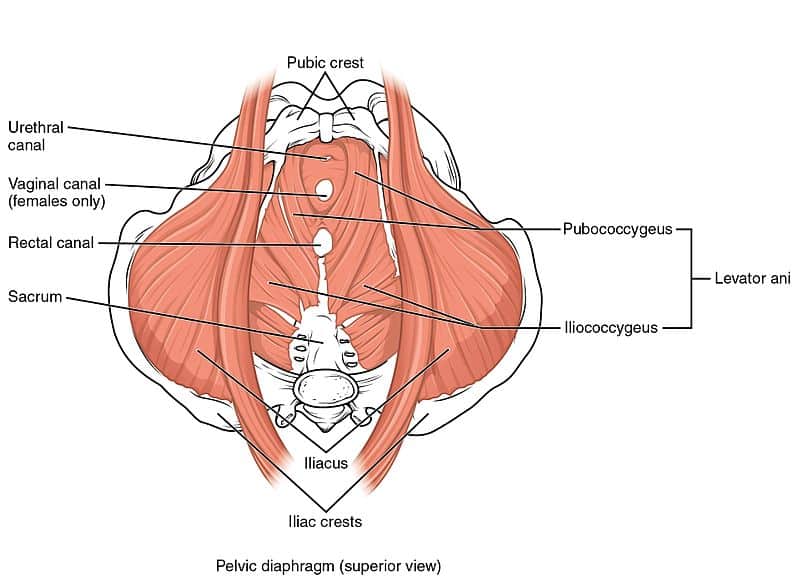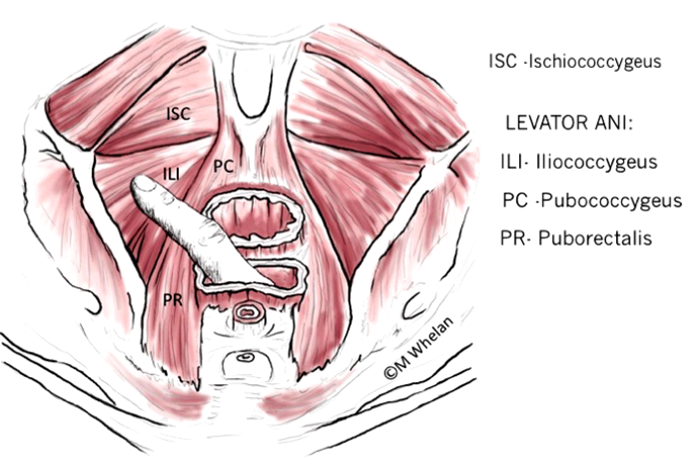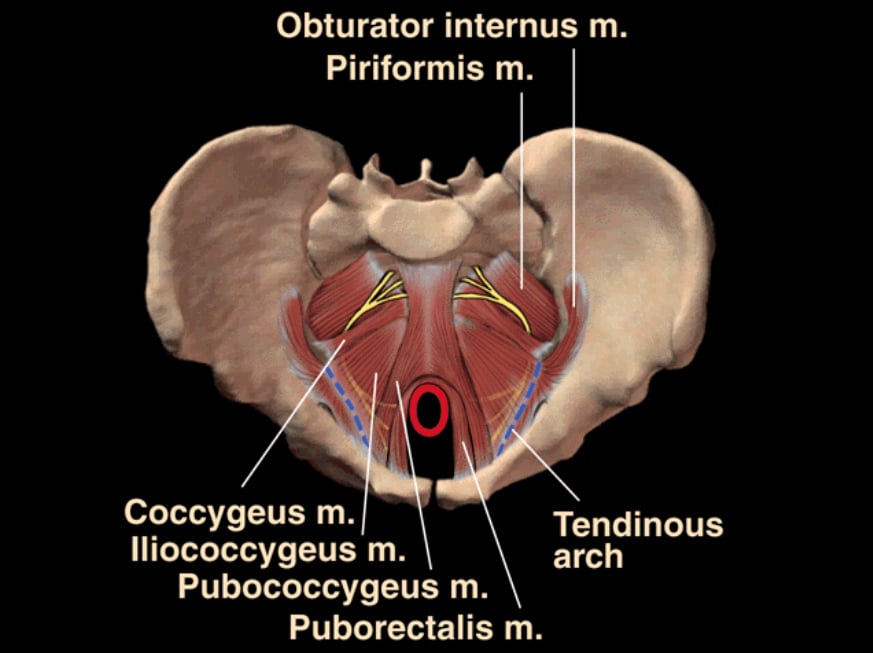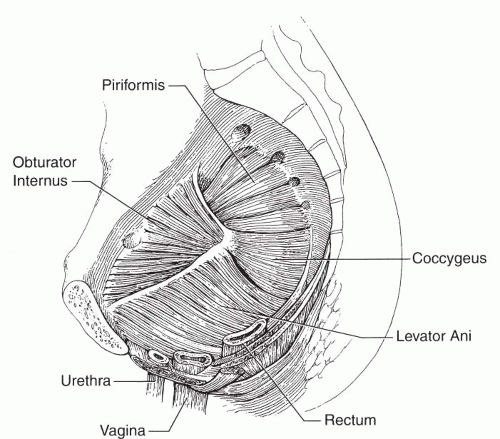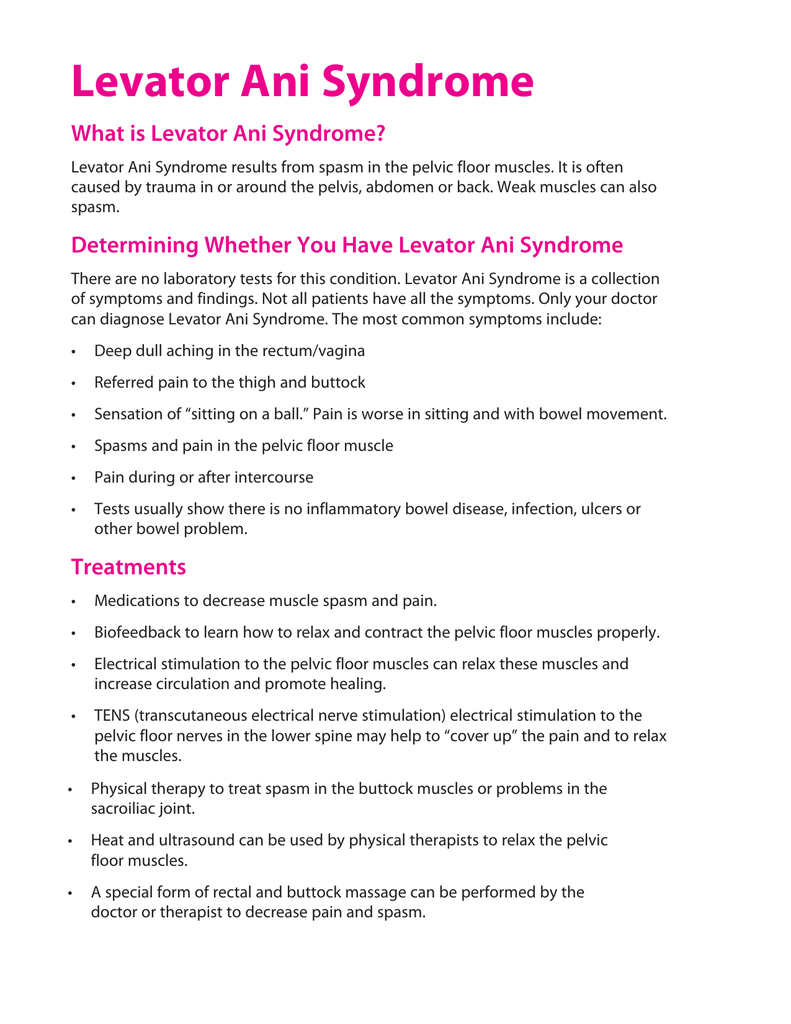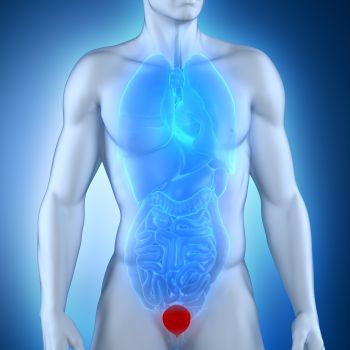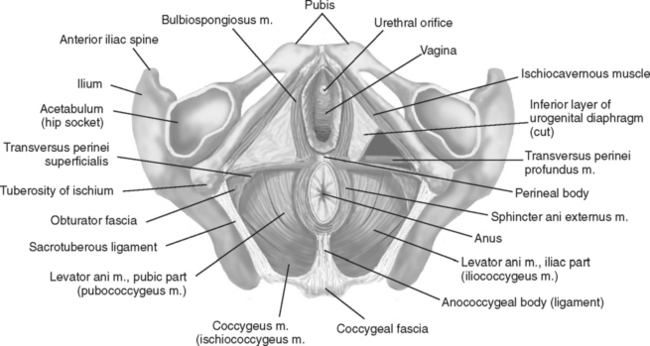Pelvic Floor Myalgia Levator Ani Spasm

Recurrent and chronic anorectal pain described as dull pressure sensation or foreign body feeling the pain can last from several hours to days and is.
Pelvic floor myalgia levator ani spasm. Levator ani syndrome is also referred to as levator spasm puborectal syndrome and chronic proctalgia. Levator ani syndrome is a condition causing random painful episodes in the rectum and anus. What causes rectal spasms and levator ani syndrome. Levator ani syndrome refers to chronic pain in the muscles of the pelvic floor due to muscle spasms.
Levator ani syndrome is a muscle based pelvic pain due to chronically contracted pelvic muscles. There are a number of terms for muscle based pain in the rectal area including levator ani syndrome levator ani spasm syndrome proctalgia fugax chronic pelvic pain syndrome proctodynia coccygodynia pelvic floor dysfunction and pelvic floor myalgia. The chronic tension of the levator ani muscle is the cause of this acute pain and thus the root cause of the levator ani syndrome. Levator ani syndrome may be a consequence of pelvic floor muscles imbalance or myalgia.
Your pelvic floor is the group of muscles and ligaments in your pelvic region the pelvic floor acts like a. The pelvic floor supports the rectum bladder and urethra. 2 3 4 5 6 all of these terms refer to a similar set of symptoms and clinical findings. Pelvic floor dysfunction is the inability to control the muscles of your pelvic floor.
The chief cause is pelvic floor muscle or myalgia. When myalgia occurs it causes acute pain in the rectum followed by tightness and burning. Levator ani syndrome and pelvic floor myalgia. It means that there is excessive tightening of pelvic floor muscles in levator ani syndrome.
It is thought to be caused by the pelvic floor muscles and was formerly known as chronic proctalgia. Levator ani syndrome is a type of nonrelaxing pelvic floor dysfunction. Levator ani syndrome typically describes pain in the rectum or the bottom and back of the pelvis. That means the pelvic floor muscles are too tight.
Mind body techniques such as breathing exercises and yoga can be very helpful for pelvic pain that is muscular in origin according to the university of california school of medicine. 2 the function of the pelvic floor is supporting the rectum urethra. The authors prefer. It has many names and can be associated with pelvic floor muscle dysfunction chronic proctalgia fugax or chronic pelvic pain syndrome.
And in women it also helps support the vagina and the uterus.
